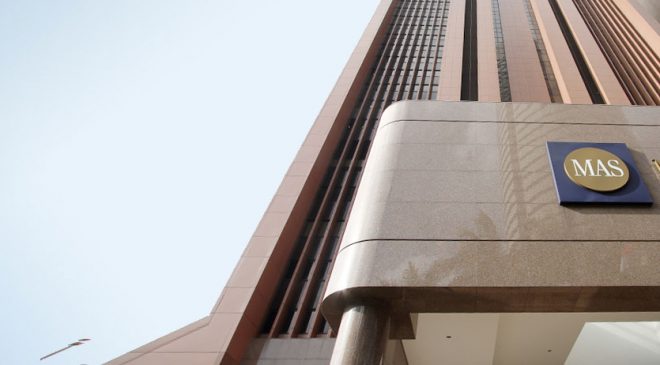
Will continue to adapt its rules as needed to ensure that regulation remains effective.
The Monetary Authority of Singapore is keeping a close on the growth of cryptocurrency transactions of such assets among companies and retail investors in the country.
Tharman Shanmugaratnam senior minister and minister in charge of MAS stated there are two common types of crypto assets.
According to Shanmugaratnam first, cryptocurrencies such as Bitcoin, which may be used for payment purposes. Secondly, securities tokens, which are digital representations of traditional securities such as shares and bonds. The risks posed by each type are different and so are our regulatory approaches.
“Cryptocurrencies can be highly volatile, as their value is typically not related to any economic fundamentals. They are hence highly risky as investment products, and certainly not suitable for retail investors,” he stated. “MAS has issued numerous consumer advisories to warn the public of the risks of trading these products.”
The size of the cryptocurrency market in Singapore remains small compared to, say, shares and bonds. The combined peak daily trading volumes of three major SGD-quoted cryptocurrencies – Bitcoin, Ethereum and XRP – was 2 per cent of the average daily trading volume of securities on SGX in 2020. Cryptocurrency derivatives traded through financial institutions likewise amounted to less than one per cent of the derivatives trading activity on SGX.
Cryptocurrencies comprise less than 0.01 per cent of the assets in funds managed by MAS-regulated fund managers. Cryptocurrency funds are also not authorised for sale to retail investors.
Exchanges offering the trading of cryptocurrencies are regulated as digital payment token service providers under the Payment Services Act. Given their limited scale, these entities are regulated primarily for money laundering and terrorism financing risks. However, the Act provides MAS the powers to impose additional measures on digital payment token service providers as needed.
“As for securities tokens, they are subject to the same securities laws as traditional securities. Hence, an exchange that enables trading in securities tokens is regulated under the Securities and Futures Act and subject to the same rules, especially on fair, orderly and transparent trading, as any securities exchange,” stated Shanmugaratnam. “The size of the securities tokens market today is also small. Of more than 60 Recognised Market Operators currently regulated by MAS under the SFA, only three offer the trading of securities tokens, and with very small trading volumes.”
Recognised Market Operators are also not allowed to offer their products to retail investors.
To address the money laundering and terrorism financing (“ML/TF”) risks associated with cryptocurrencies, MAS has taken steps on three fronts.
- Digital payment token service providers, which are entities involved in providing cryptocurrency-related services, need to be licensed by MAS. They must comply with AML/CFT requirements, such as obligations to perform customer due diligence and transaction monitoring. They are also required to file suspicious transactions reports with the Commercial Affairs Department (CAD).
- MAS has stepped up surveillance of the cryptocurrency sector, to identify suspicious networks and higher risk activities for further supervisory scrutiny.
- MAS and the CAD will continue to raise public awareness on the risks of investing in digital payment tokens, through our advisories and public education efforts. These advisories provide consumers with information on how to avoid being cheated or inadvertently used as mules to carry out money laundering activities.
The crypto assets space is constantly evolving. MAS has been closely monitoring developments and will continue to adapt its rules as needed to ensure that regulation remains effective and commensurate with the risks posed, noted Shanmugaratnam.
“Investors, on their part, should exercise extreme caution when trading cryptocurrencies.”
Tags: cryptocurrencyMAS




